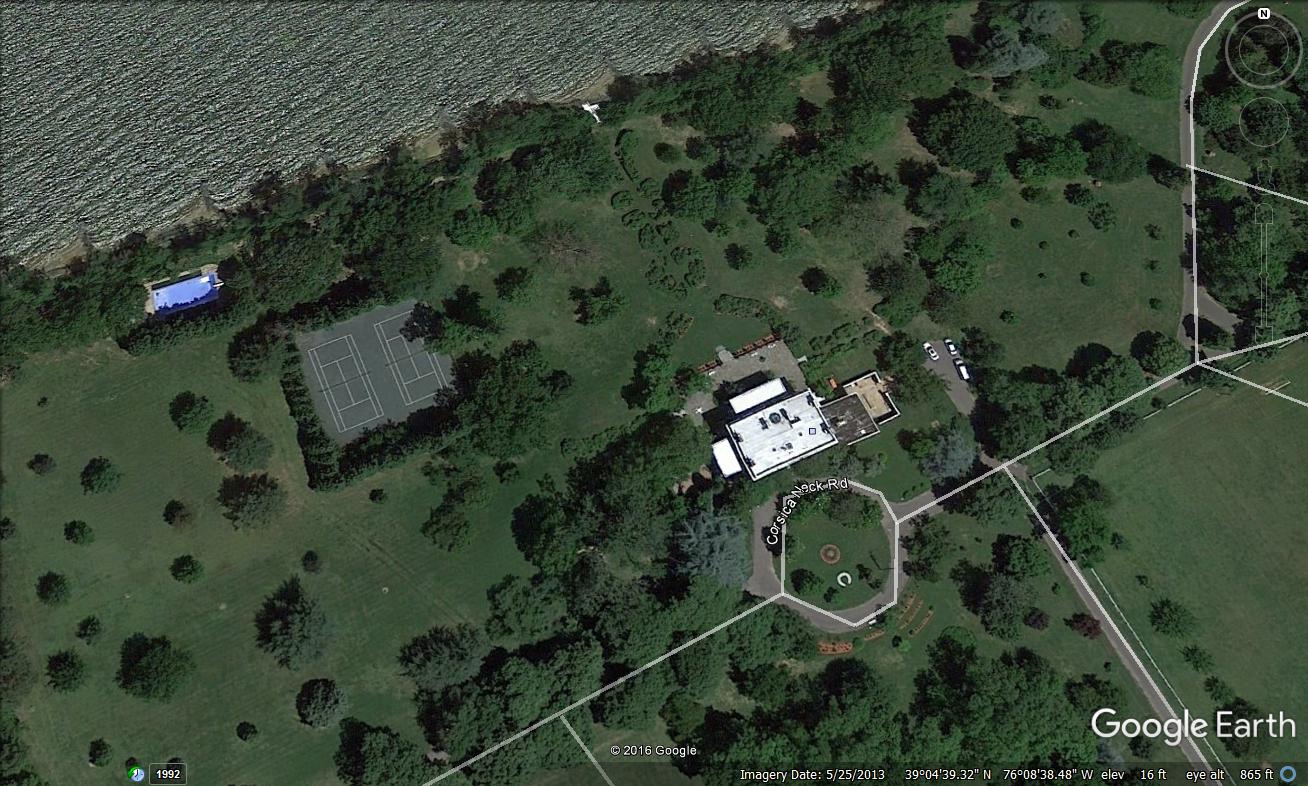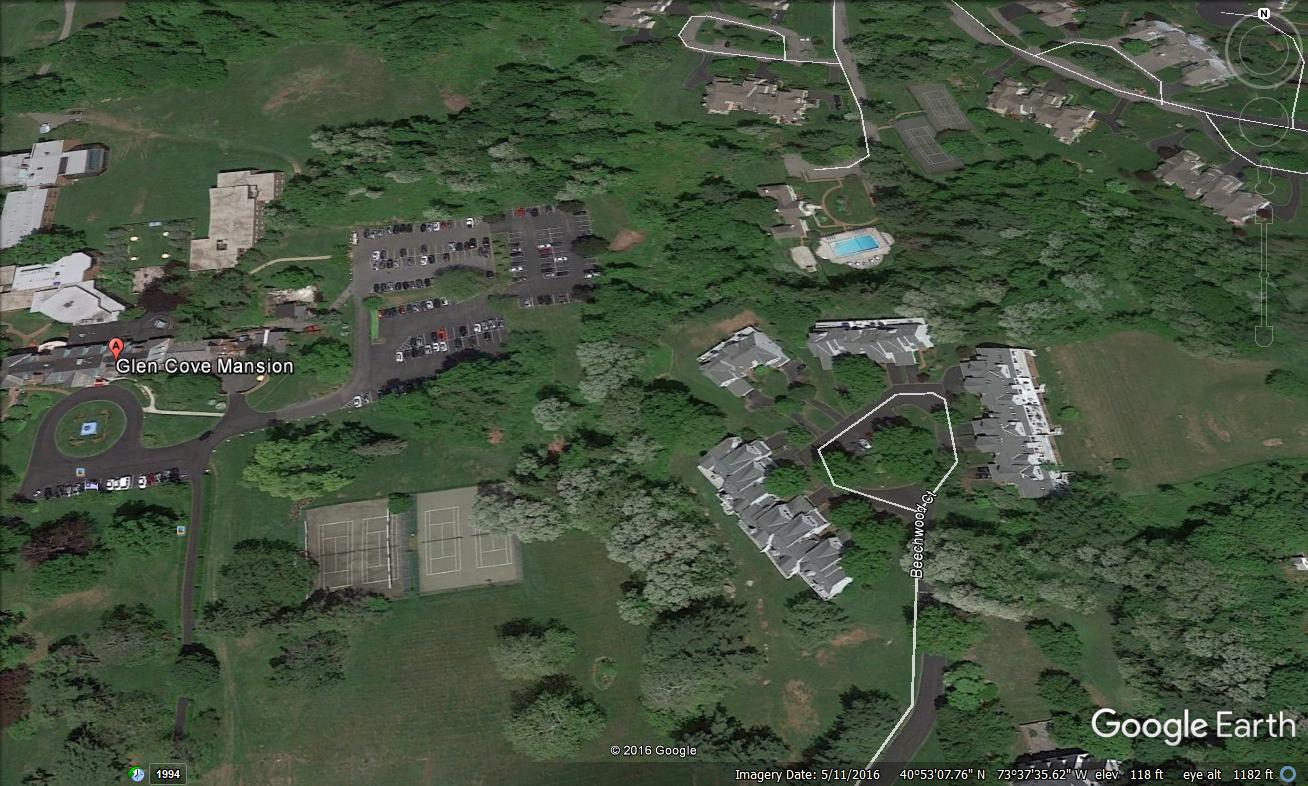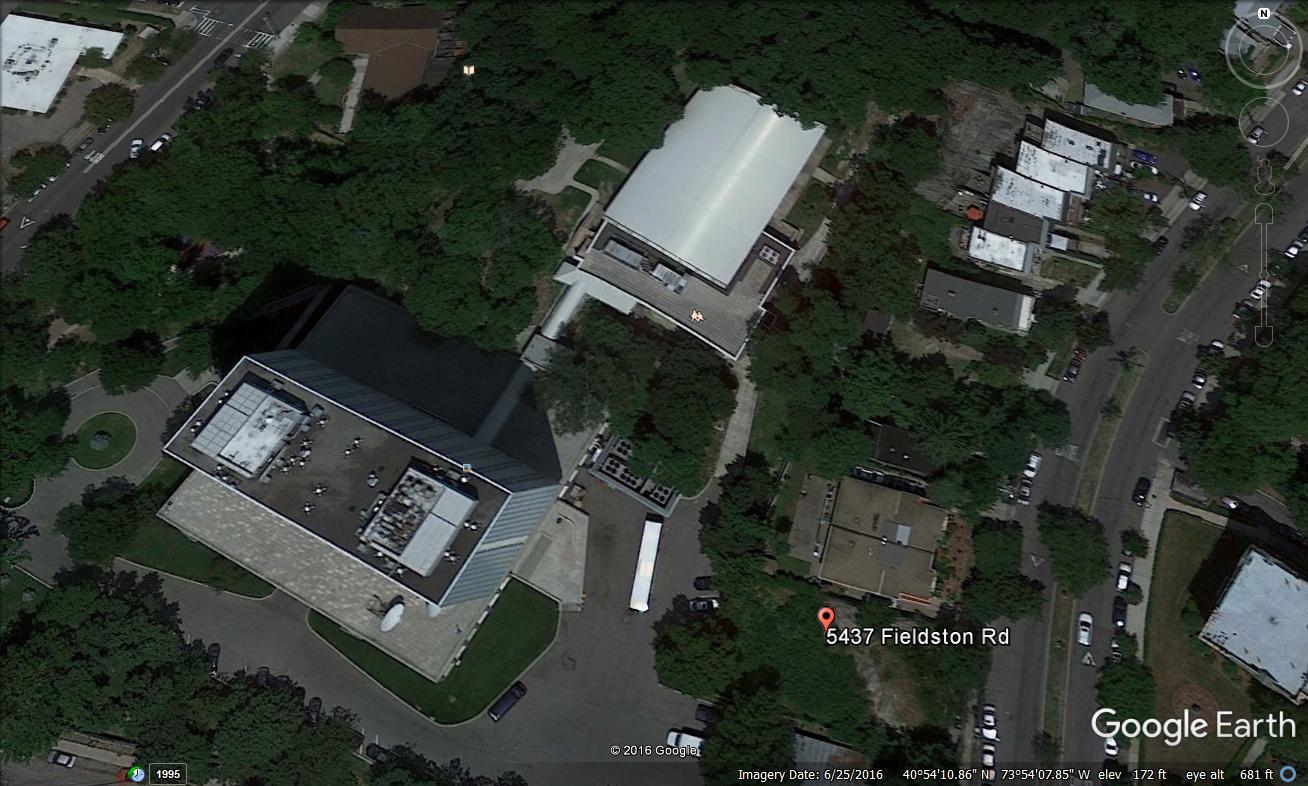Politico reports: Senate Intelligence Chairman Richard Burr (R-N.C.) said late Friday that his committee would investigate possible contacts between Donald Trump’s campaign and Russia, reversing himself one day after telling reporters that the issue would be outside of his panel’s ongoing probe into Moscow’s election-disruption efforts.
In a statement issued jointly with the committee’s top Democrat, Virginia Sen. Mark Warner, Burr said the committee would use “subpoenas if necessary” to secure testimony from Obama administration officials as well as Trump’s team on Russia’s cyberattacks and on other efforts at election meddling.
While members of Congress received a briefing on Russian intrusions, what more do they know that is not being reported? Could the two items below be part of Russian interference?
C-SPAN Feed Mysteriously Broadcasts Russia Today
IBT: In a strange moment of startling symmetry with the current state of American politics, C-SPAN—the public affairs network that regularly broadcasts proceedings of the House of Representatives and Senate—was interrupted by a broadcast of Russia Today.
The state-funded Russian news network briefly took over the online feed of C-SPAN1, which had been broadcasting a discussion in Congress regarding the Securities and Exchange Commission Regulatory Accountability Act.
As Rep. Maxine Waters, D-Calif., was speaking the feed suddenly cut from the House floor to a broadcast of RT. The feed cut in with a commercial break before returning to the RT news desk, where an anchor spoke of a suicide bombing.
C-Span confirmed the incident in a statement to IB Times: “This afternoon the online feed for C-SPAN was briefly interrupted by RT programming. We are currently investigating and troubleshooting this occurrence. As RT is one of the networks we regularly monitor, we are operating under the assumption that it was an internal routing issue. If that changes we will certainly let you know.”
Multiple C-SPAN watchers made mention of the sudden change on Twitter, including Deadspin editor Timothy Burke, who captured the moment the C-SPAN feed switched to RT.
The takeover reportedly lasted about 10 minutes before the C-SPAN feed returned. The interruption does not appear on the saved broadcast hosted on the network’s website.
Viewers who caught the original broadcast and the subsequent clip shared on Twitter assumed the interruption was the result of Russian hacking.
Despite the initial assertion from people on social media implicating Russia of hacking C-SPAN, the network viewed it as a likely technical problem.
IB Times also reached out to Russia Today but has not yet received a response.
The apparent takeover of the C-SPAN feed comes after reports of Russian hackers interfering with the U.S. presidential election. According to recent reports, Russian president Vladimir Putin was directly involved in the hacking efforts, which resulted in the theft and publication of private emails belonging to the Democratic National Committee and John Podesta, the chairman of the Hillary Clinton campaign.
U.S. intelligence chiefs are in apparent agreement that Russia attempted to influence the outcome of the election to benefit Donald Trump.
****
CBS: CIA Director nominee Mike Pompeo is on Capitol Hill Thursday for his hearing in front of the Senate Intelligence Committee — but that hearing was put on hold when the lights unexpectedly went out.
Committee Chairman Richard Burr (R-N.C.) gave brief opening remarks and introduced Pompeo, saying that if confirmed he will lead “what I believe to be one of our nation’s most treasured assets.”
Next, Vice Chairman Mark Warner (D-Virginia) began speaking, saying he looked forward to hearing Pompeo’s thoughts on a number of the challenges facing the CIA in 2017.
“The agency you have been nominated to head is facing a number of challenges brought on by a changing world and which will require great leadership to drive organizational adaptation to meet,” Warner said.
As Warner began to address concerns over Russian election interference, at about 10:15 a.m., the lights went out — and C-SPAN’s cameras cut out completely.
Warner initially continued with his remarks, but ultimately took a recess because of the power issue. The hearing was moved to another room.








